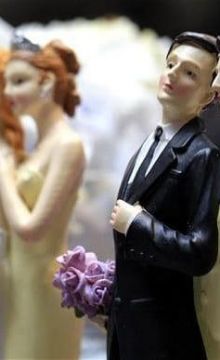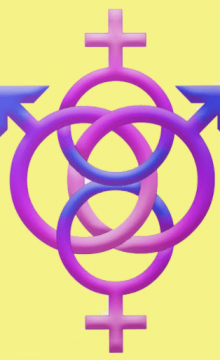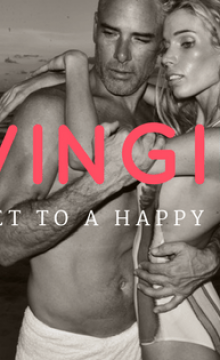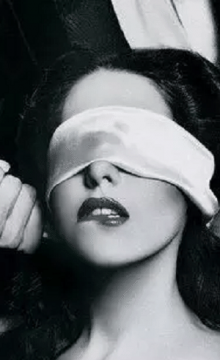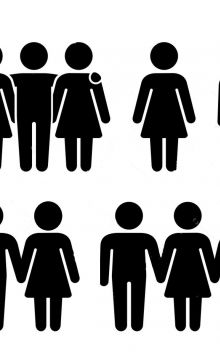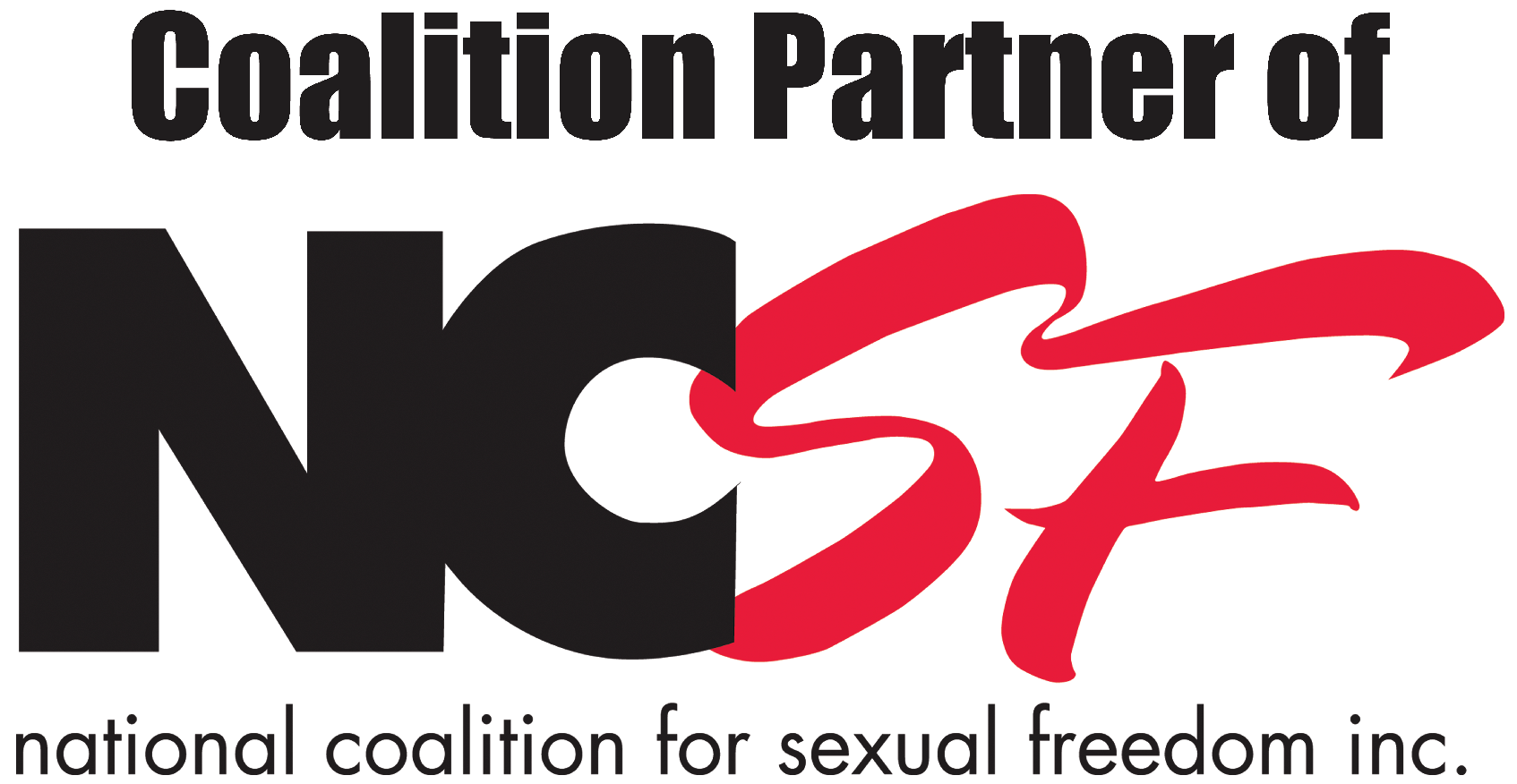What Straight Couples can Learn from Gay Couples.
When I embarked on the seven-year journey that would result in a trilogy of comedy shows and my first book, I had no idea what a huge part sexual orientation would play.
Yes, I'm a lesbian and that has influenced much of how I've socialized and dated for the 20 years or so since I came out. Yet, as I talked to more and more LGBT people
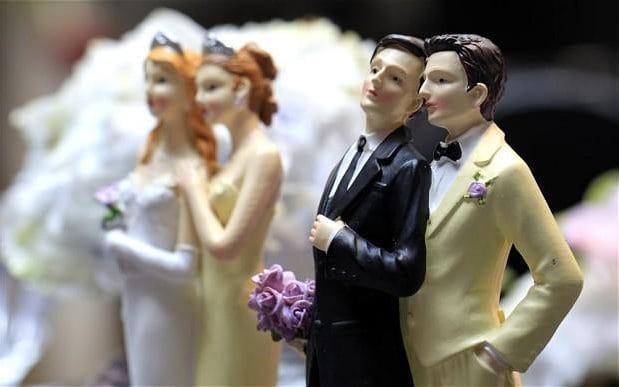
- particularly those a little older than me who had experienced way more discrimination - I realised that being forced to think 'outside the box' around the concepts of love and family had resulted in some very self-aware, savvy and compassionate strategies for coping with the complexities of human relationships.
While I welcome the progressive legal changes that have seen a huge rise in acceptance for LGBT people, I worry that a blanket assumption that we all aspire to marry, have children and be 'normal' means that we might lose sight of some of the very best of these pioneering ideas.
Open relationships can be incredibly successful. Gay men fairly typically negotiate sexually open partnerships and have done for many decades. However, what is less widely-reported is just how good they are at remaining emotionally faithful to a primary partner. Their separation rates are the lowest of any section of society. Figures from 2013, from the Office of National Statistics, showed that civil partnership dissolution rates were twice as high for female couples as they were for the male. While early divorce statistics in the UK evidence that ratio increased further still.
So what are the relationships lessons straight couples can learn from the gay community?
1. An ex can be a best friend
Long before American author and family therapist Katherine Woodward Thomas devised the phrase 'conscious uncoupling' and Gwyneth Paltrow made it famous, lesbians were the godmothers of the concept of compassionate endings.
Recently, Dr Jane Traies conducted the first comprehensive study of older lesbians in the UK. She told me, "It's not uncommon for a lesbian's ex-partner to be her best friend." She described one couple, now in their seventies, one of who had previously been in a straight marriage. The other had always been openly gay and had many more significant exes, who they would regularly spend time with. The central relationship seemed to be richly rewarded by having this framework of other ongoing connections supporting it.
2. 'Living Apart Together' can be great
Although the idea of 'LAT' couples is now more widely discussed, it was the LGBT community who originally piloted this idea. As my friend, the gay poet Dominic Berry, points out, "Perhaps if people are doing something widely viewed as deviant, making another deviance from the norm isn't too big a jump."
A lot of the automatic assumptions that are made about relationships - that you must get married, be monogamous, have children, move in together - have been cheerfully dispensed with. In many cases, an alternative romantic framework suited the individuals in the relationship much better.
Some straight couples can be reluctant to talk openly about sexuality
3. Talking about love, desire and sex is good
When I conducted a survey for my comedy show, I asked respondents if they actually discussed sex and fidelity with a partner. One straight woman wrote, 'Good lord no! It's one thing to do the deed but we're too uptight to actually talk about it. Thank goodness.'
My gay friends, by contrast, tend to have spent so many years agonizing about their sexual identity that discussion of it with friends and families has been essential as part of the 'coming out' process. In many cases, this had lead to a readiness to air other really important questions around desires, boundaries, and consent once they were in an adult relationship.
4. 'Family' doesn't have to mean blood
When I arrived in London as a young student in the Nineties, the LGBT community provided me with the strongest sense of belonging I have ever experienced.
In the face of prejudice and discrimination, gay people historically partied hard together and took more care of one another within the bubble of separatism. They cultivated a concept of 'friends as family', something the writer Armistead Maupin refers to as 'logical family'.
5. Love isn't like it is in the movies
Because films depicting same-sex relationships have generally been far-removed from the sugary rom-com ideal, gay people are more pragmatic and realistic about the extreme challenges of falling in and out of love and staying together.
In 2017, we may not be facing quite as much adversity as the characters depicted in Carol or Brokeback Mountain, but we know that the 'fairy tale' romance is a load of old hokum.
6. Rules are made to be broken
When the activist group Gay Liberation Front formed in the early Seventies, they gleefully celebrated their difference from the oppressive, beige 'norms' that most of the society were having to follow. This resulted in an inclusive, embracing atmosphere and a sense of fun and freedom for anyone who wanted to reinvent and rethink traditional relationships and try out different models of being together.
Source: The Telegraph


